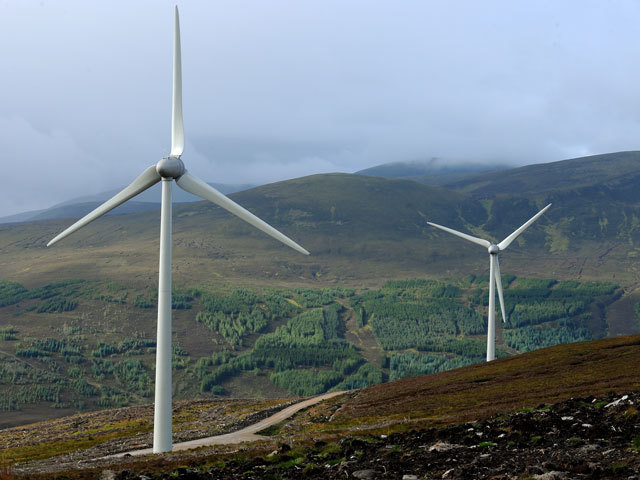
UK Government proposals to award special status to onshore wind projects on Scottish islands could remove a significant barrier to investment in new projects and pave the way for development there, according to renewable energy experts.
A consultation paper issued by the Department of Energy and Climate Change (DECC) has revealed that unique criteria are being considered to help establish onshore wind in the Western Isles, Orkney and Shetland – with the Scottish islands considered to merit special treatment.
The DECC consultation document said that there were significant characteristics which set Scottish island onshore wind projects apart from projects elsewhere in the UK.
The consultation report said: “We propose to continue to treat wind generation on the Scottish islands as a new and innovative technology, distinct from onshore wind located elsewhere in the UK.”
If implemented, the proposals would mean that wind development on the islands will not be forced to compete for government support in the same way as other onshore wind projects around the UK.
Nicholas Shenken, a partner at Pinsent Masons who specialises in renewable energy project funding, said the proposed reclassification would help reinvigorate potential investment and increase confidence in islands projects.
He said: “There seems little doubt that the Scottish Islands represent a bountiful development opportunity in the context of renewable energy. Whether it’s DECC, the Scottish Government or the industry, everyone seems to agree that the Islands have significant resource and potential.
“That DECC has understood the case for a more bespoke approach to onshore wind on the Scottish islands and this is a positive development.
“If the proposed changes are adopted it will remove at least one of the barriers to wind investment on the islands. Political backing for projects is one of the major factors in influencing investor sentiment and Scotland has it in spades.
“However, those expecting to see turbines appearing on the horizon in the short term are likely to be disappointed. Significant issues remain around the required grid upgrades to facilitate power export to the mainland, as well as transmission charging associated with these more remote projects, all of which are a matter of considerable debate at present.”
Respondents now have until 10 June to respond to the government consultation on the proposals.
Recommended for you
